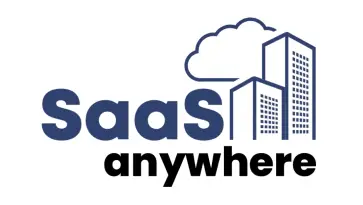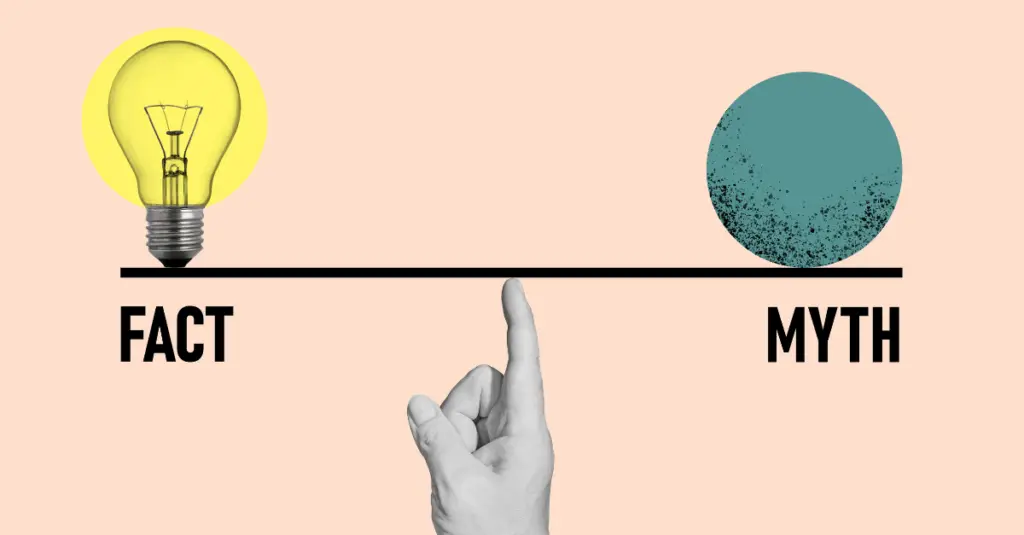
November 3, 2025
Get the Best Solution for
Your Business Today!
For years, the conversation around artificial intelligence in the workplace has been dominated by a single, fear-inducing question: “Will AI take my job?” This narrative, fueled by headlines of mass automation, paints a picture of humans competing against machines in a zero-sum game. But what if we’ve been asking the wrong question all along?
Table of Contents
The real, and far more impactful, story isn’t about replacement; it’s about collaboration. The future of work with AI can be a dynamic partnership where human ingenuity is amplified by machine intelligence. Businesses that understand this shift are not just preparing for the future but are actively building it, creating a powerful workforce transformation that unlocks unprecedented levels of productivity and innovation.
From Competitor to Collaborator: A Necessary Paradigm Shift
The fear of being replaced by technology is not new. When spreadsheets first appeared, many predicted the demise of the accounting profession. Instead, spreadsheets eliminated tedious manual calculations, elevating accountants to strategic financial analysts. A similar pattern is emerging with AI.
AI’s strengths lie in processing colossal datasets, identifying subtle patterns, and automating repetitive tasks at a scale and speed no human can match. However, it lacks the uniquely human qualities that drive business forward: creativity, strategic thinking, emotional intelligence, and ethical judgment. AI can analyze market data, but it can’t craft a resonant brand story. It can flag anomalies in a system, but it can’t lead a team through a complex change management initiative.
The true value emerges when these two skill sets converge. This is the essence of AI collaboration: leveraging AI as a powerful tool that frees human talent to focus on higher-value work.
AI Collaboration in Action
This human-AI partnership is already taking shape across various industries, proving its value beyond theoretical concepts.
- In Marketing: An AI platform can analyze thousands of customer data points to identify emerging trends and predict campaign performance. This empowers the marketing team to move beyond guesswork and focus their creative energies on designing compelling campaigns that resonate with the right audience at the right time. The AI provides the “what,” while the humans deliver the “why” and “how.”
- In Healthcare: AI algorithms can review medical scans and patient records to detect early signs of disease with remarkable accuracy, acting as a second set of eyes for radiologists and physicians. This doesn’t replace the doctor; it augments their diagnostic capabilities, allowing them to make faster, more informed decisions and spend more time on complex cases and patient care.
- In Software Development: Tools like GitHub Copilot act as AI pair programmers, suggesting code snippets and debugging solutions in real-time. This accelerates the development lifecycle, freeing developers from writing boilerplate code to focus on sophisticated problem-solving, system architecture, and creating innovative features.
- In Finance: AI systems continuously monitor transactions to detect fraudulent activity, flagging suspicious patterns for review. This allows human fraud analysts to concentrate their expertise on investigating complex cases that require nuanced judgment, rather than manually sifting through mountains of data.
In each of these scenarios, AI is the trusted sidekick, enhancing human capabilities and driving better outcomes.
Navigating the Workforce Transformation: Skills for the New Era
Embracing AI collaboration requires more than just implementing new technology; it demands a fundamental workforce transformation. As AI handles more of the routine and data-intensive tasks, the skills that define professional value are shifting.
Leaders must champion a culture of continuous learning, focusing on developing uniquely human competencies and the ability to work effectively alongside AI systems. The critical skills for the future include:
- Data Literacy: The ability to understand, interpret, and question the data and insights provided by AI is paramount.
- Prompt Engineering and AI Interaction: Knowing how to ask the right questions and frame problems for AI models is becoming a crucial skill for extracting maximum value from these powerful tools.
- Critical Thinking & Strategic Oversight: As AI provides recommendations, humans must apply critical thinking and business acumen to validate those suggestions, consider the broader strategic implications, and make the final call.
- Emotional Intelligence & Creativity: Skills like communication, empathy, and creative problem-solving become even more valuable as they are the very areas where AI falls short. These are the skills that build culture, drive innovation, and foster strong client relationships.
This transformation isn’t about creating an organization of data scientists. It’s about creating an AI-enabled workforce where every individual is empowered to leverage technology to perform their role more effectively.
The future of work with AI is an opportunity, not a threat. By shifting the narrative from competition to collaboration, businesses can move beyond fear and start building a more intelligent, innovative, and ultimately more human-centric workplace. The organizations that thrive will be those that invest in both their technology and their people, fostering a symbiotic relationship where each elevates the other.
Conclusion
We hope you found this article both intriguing and informative as you explore what AI means for the future of work. From crafting a data-driven AI strategy to implementing analytics solutions that empower your teams, our experts provide the partnership and guidance you need to turn the promise of AI collaboration into tangible business results. If you have questions or would like to discuss how AI could create new opportunities for your business, reach out to the PMsquare team.
Be sure to subscribe to our newsletter for more PMsquare updates and insights delivered straight to your inbox.








